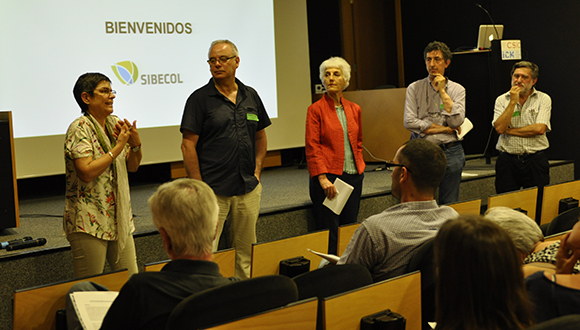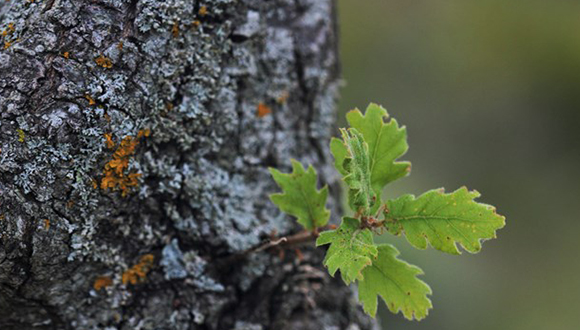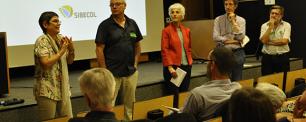SIBECOL, the first scientific society of experts on ecology of the Iberian Peninsula
The new association, SIBECOL, was constituted in an institutional event held on Monday, July 2, at the headquarters of the Institute of Marine Sciences (ICM-CSIC) in Barcelona.

Promoting knowledge on terrestrial and water ecosystem and launching initiatives to improve the management of the environment and the environmental sustainability as well as mitigating the negative impact of human activity on the territory are the core lines of SIBECOL, the new scientific society that gathers more than 2000 experts from Spain and Portugal, with some experts of the University of Barcelona in the fields of terrestrial, marine and continental water ecology.
This scientific entity is led by the Spanish Association of Terrestrial Ecology (AEET), the Iberian Association of Limnology (AIL), the Portuguese Ecological Society (SPECO) and the Spanish Society of Ethology and Evolutionary Ecology (SEEEE), and counts on the support of the group of experts on the field of marine sciences. The new association, SIBECOL, was constituted in an institutional event held on Monday, July 2, at the headquarters of the Institute of Marine Sciences (ICM-CSIC) in Barcelona.

Environmental sustainability: future challenges in the Iberian Peninsula
Loss of biodiversity, effects of the climate change or the fragmentation of territory are some of the environmental challenges to face in the 21st century. According to Cèlia Marrasé, science researcher at the Institute of Marine Sciences of Barcelona (CSIC), “collaboration is essential to face, in the best way, the scientific and social challenges, and in particular those that are related to the global change”.
The specificity of Mediterranean ecosystems, the large biodiversity in the Iberian Peninsula, and the intensity of interactions among terrestrial, aquaticocontinental and marine means, “make it necessary for us to work together in our environment to keep the natural values, the services nature provides us with, and to improve the sustainability of human actions”, say Antonio Camacho –former president of AIL- and the current president of the entity, the lecturer Núria Bonada, from the Faculty of Biology and the Biodiversity Research Institute of the University of Barcelona (IRBio).
Providing society and institutions with information on the big scientific background in the field of ecology in the peninsula and providing the environmental decision-making will be the purposes of the new entity, as noted by Adolfo Cordero, Francisco Lloret and Maria Amélia Martins-Loução, presidents of SEEEE, AEET and SPECO.
Ecologist Ramon Margalef, a model scientist in SIBECOL
SIBECOL will hold a foundational conference at the University of Barcelona from February 4 to 7, 2019, coinciding with the 100-year anniversary of the birth of Ramon Margalef (1919-2004), emeritus professor of the UB and a model for many ecologists and naturalists in the country. Other participants will take part in this summit, which coincides with the 14th Conference of the Spanish Association of Terrestrial Ecology (AEET), such as the CREAF, Universitat Autònoma de Barcelona, University of Girona (UdG), the Catalan Institute for Water Research (ICRA), the Institute of Marine Sciences (ICM-CSIC), and the Center for Advanced Studies of Blanes (CEAB-CSIC).






